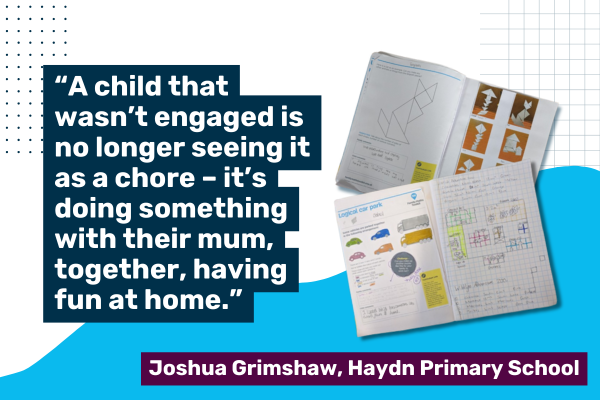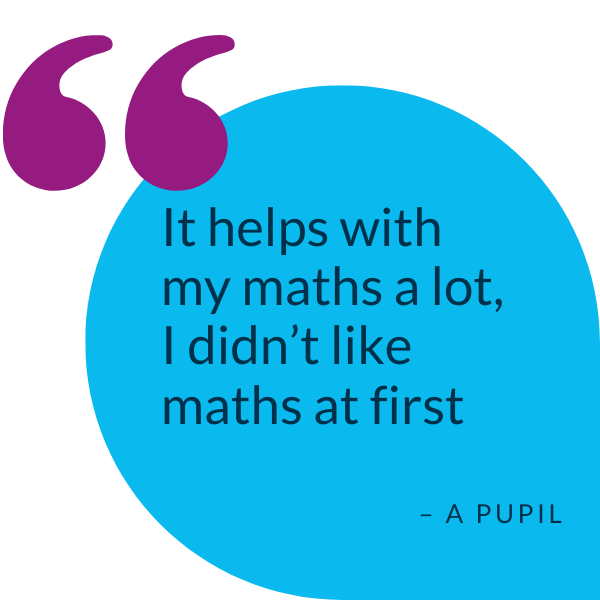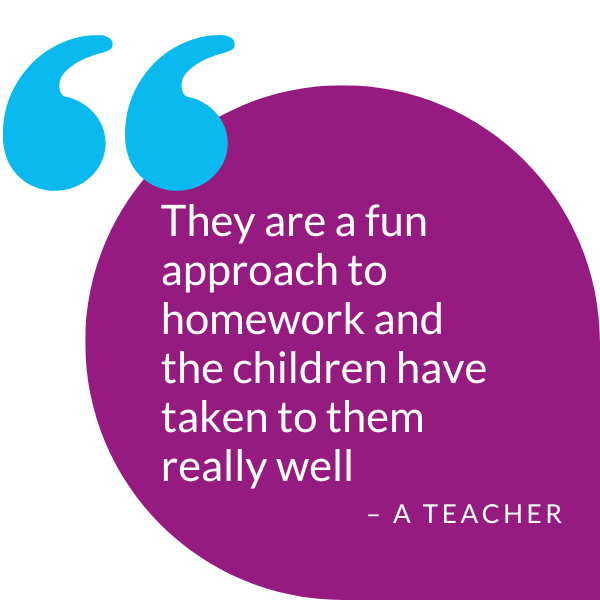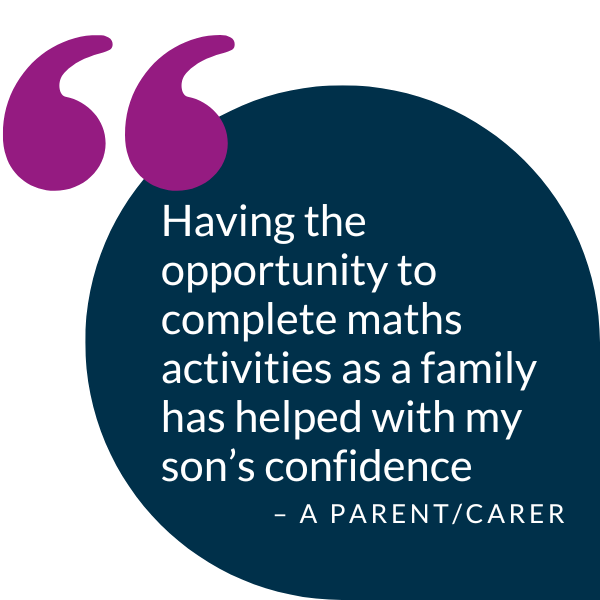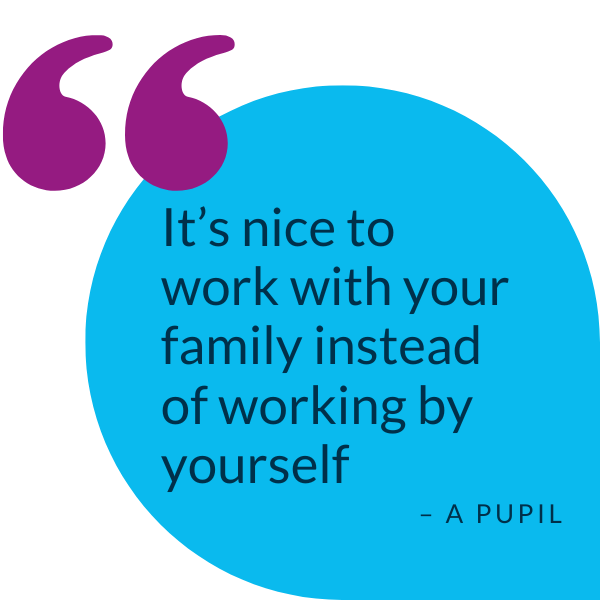Every class from Year 1 to Year 6 received resources provided by National Numeracy – 360 pupils in total. Each student was given Family Maths Toolkit activities and scrapbooks, National Numeracy experts provided workshops for parents and carers, and Capital One employees delivered a ‘My Maths Story’ assembly attended by 240 children.
Read on to hear from Joshua Grimshaw, a maths lead and teacher at the school, about the benefits of the project and the effect it’s had on families and their relationships with maths.
And if you’d like to register interest in our Schools & Families programme, please sign up here.
Why did you apply for the programme? What was your school looking for?
One of the focuses on our school improvement plan was engagement with parents in the wider community. We’re part of a cluster of schools in Nottingham who have maths leader networks and meet up termly. National Numeracy attended a meet-up and spoke about the programme, and it seemed too good to be true!
"It seemed too good to be true!"
Working with the National Numeracy team has been brilliant and really supportive. Every question we’ve needed help with, they’ve been there for. The meetings were all friendly, cooperative, and not too big, and they brought fantastic ideas from industry experts as well as people from different settings.
"They brought fantastic ideas from industry experts as well as people from different settings."
To then have an expert lead a maths meeting with parents was useful because sometimes with parent meetings the pickup is quite slim. But we had about 70 parents turn up to our first meeting, which was fantastic. And it meant that the launch of the Family Maths scrapbooks was embedded already; a lot of the parents knew what was coming.

